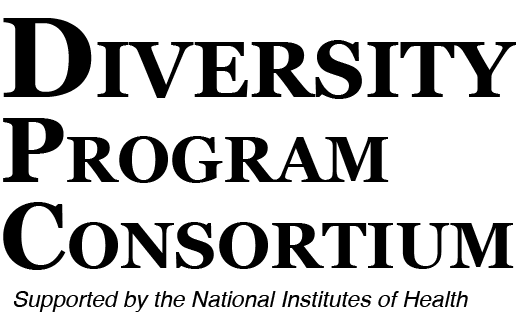In This Edition
February 23, 2018
Volume 3 Issue 1
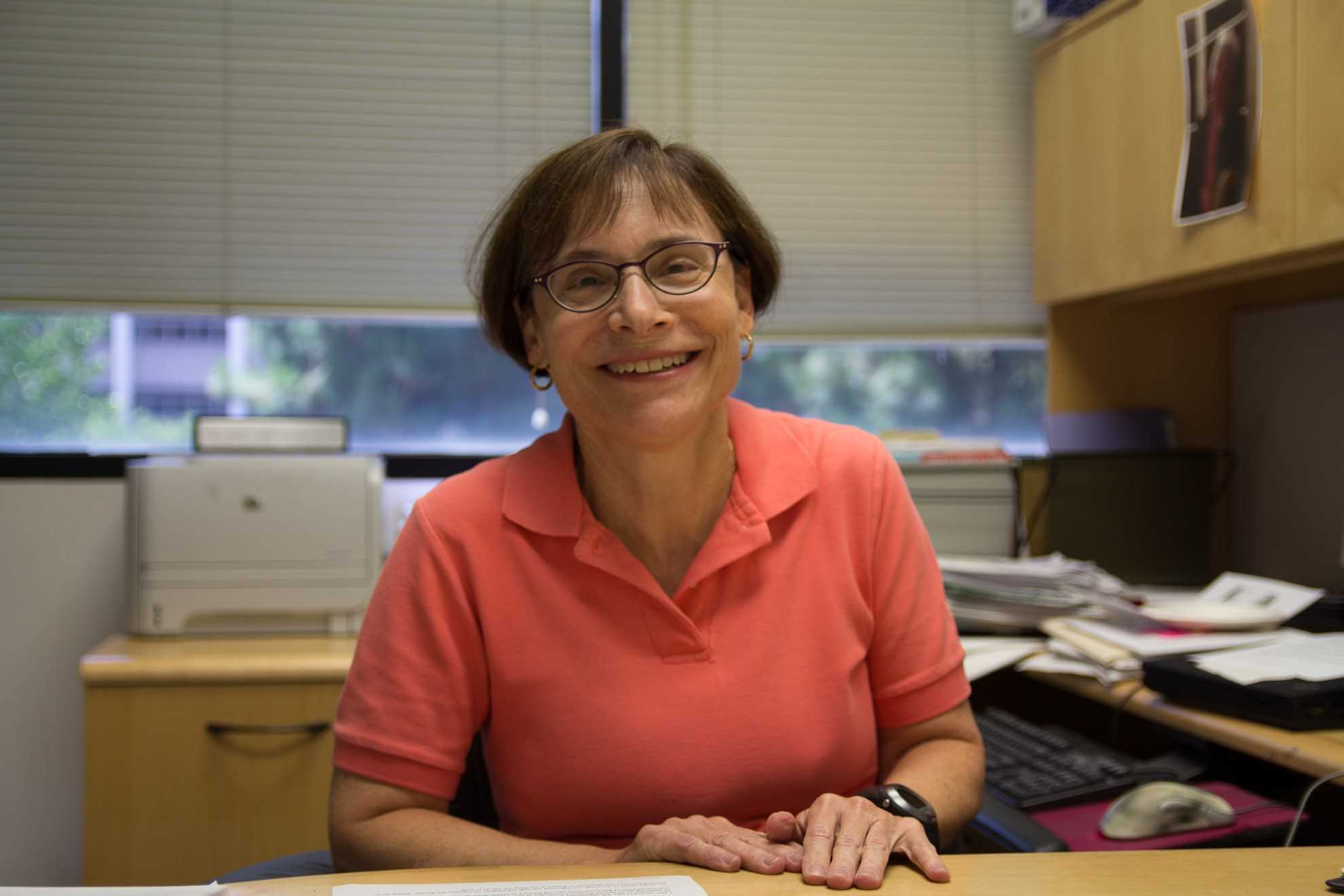
Dr. Teresa Seeman exemplifies leadership and professional qualities many of us strive towards. She is one of the three spearhead leaders at the Diversity Program Consortium's Coordination and Evaluation Center (CEC) at UCLA. As part of her role leading the Data Coordination Core in the CEC, she has made significant contributions to the UCLA team and the BUILD and NRMN initiatives. In addition to her dedication to the Diversity Program Consortium, Dr. Seeman finds time to mentor junior trainees and faculty, co-leads the Generation Xchange Program at UCLA and trains to run marathons.
For more information click here.
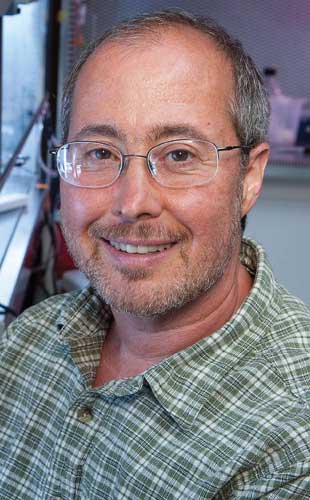
Acclaimed Stanford neuroscientist Ben Barres, MD, PhD, died on Dec. 27, 20 months after being diagnosed with pancreatic cancer. He was 63. Barres’ path-breaking discoveries of the crucial roles played by glial cells — the unsung majority of brain cells, which aren’t nerve cells — revolutionized the field of neuroscience.
For more information click here.
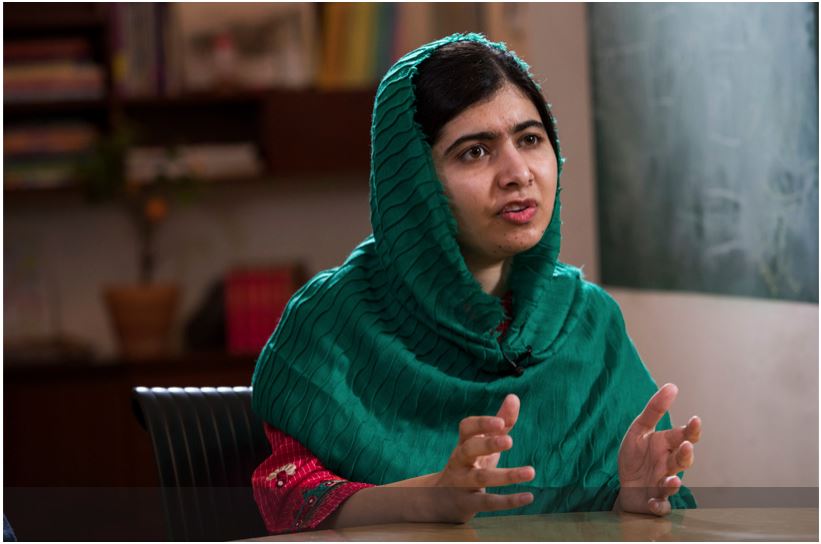
Founded by Yousafzai and her father, Ziauddin, the Malala Fund aims to empower young girls by increasing access to education for all girls around the world. Recently, Apple has partnered up with the Malala Fund to double the number of grants offered by the organization's Gulmakai Network, which supports programs in Afghanistan, Pakistan, Lebanon, Turkey and Nigeria.
For more information click here.
An article published recently in the Official Journal of ISHIB addresses how a diverse workforce can drastically help eliminate health disparities. The article highlights the STAR program at the Texas Center for Health Disparities (TCHD). The program acronym is known as Steps Toward Academic Research (STAR) and it was created to provide faculty and community partners a curriculum focused on acquiring fundamental concepts in biomedical and behavioral health disparity research, basics in grantsmanship and professional development skills.
For more information click here.
Over the last 20 years, there has been multiple publications indicating that quality mentoring has a profound positive effect on research careers. Findings reveal that early career faculty who have strong mentor relationships tend to overall become more successful in navigating the academic environment. They are quicker at reaching career milestones which leads to establishing a solid track record in publishing and obtaining extramural funding.
For more information click here.
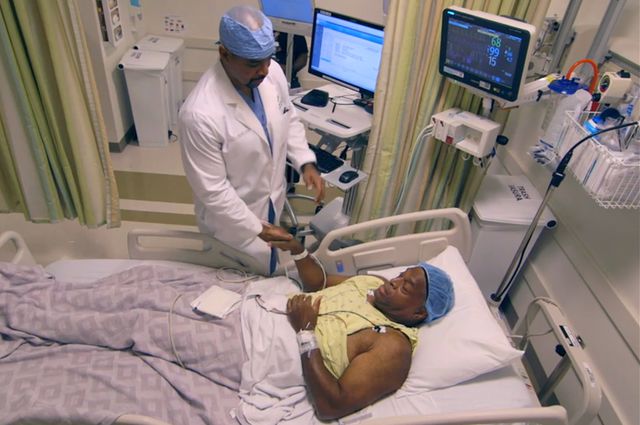
David Geffen School of Medicine at UCLA joins a campaign to inspire underrepresented minority students to become physicians. Read more...
For more information click here.
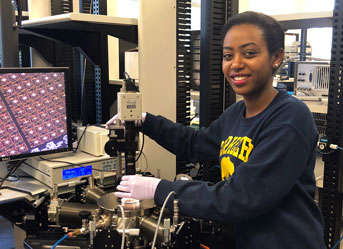
As universities around the country strive to diversify their graduate and faculty ranks, one University of California's effort is proving highly successful.
A UC initiative that strengthens research ties and collaborations with the nation’s historically black colleges and universities has helped over 400 students participate in a UC summer internship. The result: more than 10 percent of participants have gone on to a UC Ph.D. program.
For more information click here.
The National Institutes of Health (NIH) Undergraduate Scholarship Program (UGSP) offers competitive academic scholarships up to $20,000 per academic year to students from financially disadvantaged backgrounds who are committed to careers biomedical, behavioral, and social science health-related research. Scholarships are awarded for 1 year, and can be renewed for up to 4 years.
For more information click here.

It’s not every day that a mentee/mentor team has the opportunity to present their research overseas, but for UTEP BUILD junior Luisa Castillo and ASU assistant professor of nutrition, Corrie M. Whisner, Ph.D., that’s how they wrapped up 2017.
For more information click here.
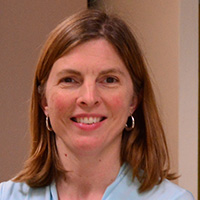
The ReBUILDetroit welcomes Dr. Erin Dolan as an external member of the ReBUILDetroit Steering Committee. Dolan is a Professor of Biochemistry & Molecular Biology and Georgia Athletic Association Professor of Innovative Science Education at the University of Georgia.
For more information click here.
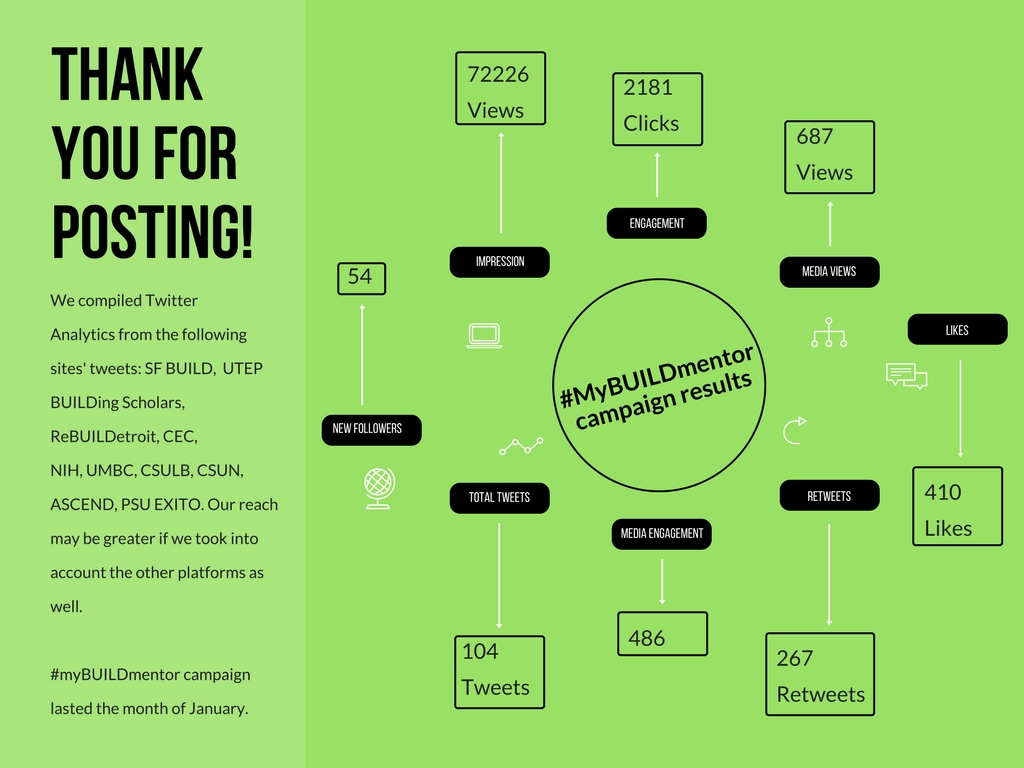
Throughout January, the Diversity Program Consortium came together through social media to celebrate “National Mentoring Month.” NRMN and BUILD sites provide a rich variety of mentoring opportunities, which might include offering career advice, helping foster professional networks, supervising research projects, and planning for the future. This social media campaign was an opportunity for every site to demonstrate their mentors’ great work.
For more information click here.
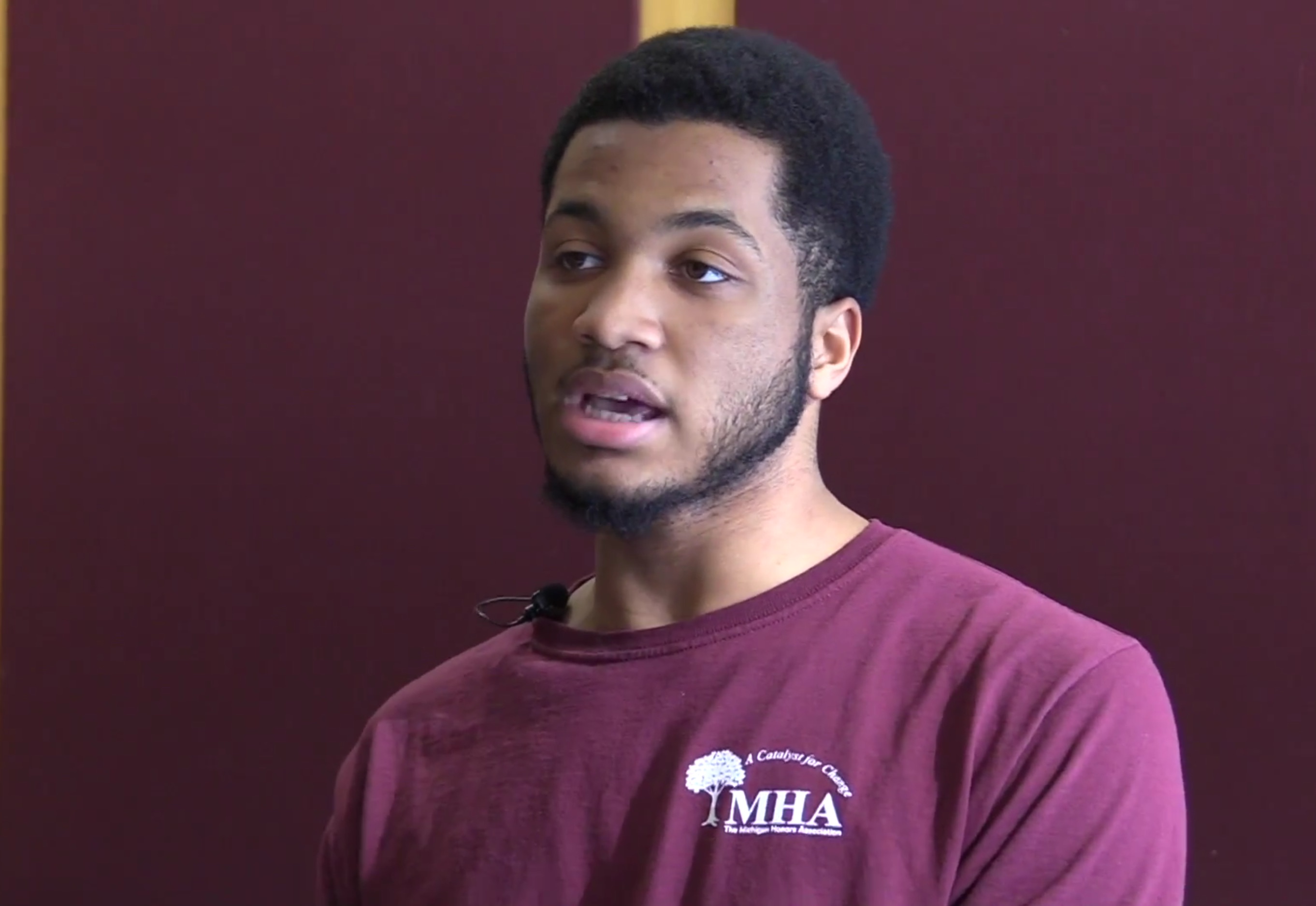
Nearly four years ago, the ReBUILDetroit consortium consisting of the University of Detroit Mercy and Wayne State University received a $21.2 million grant from the National Institutes of Health (NIH) to transform undergraduate education. We asked scholars to tell us what ReBUILDetroit is, why they are involved in the program and why someone should become a scholar.
For more information click here.
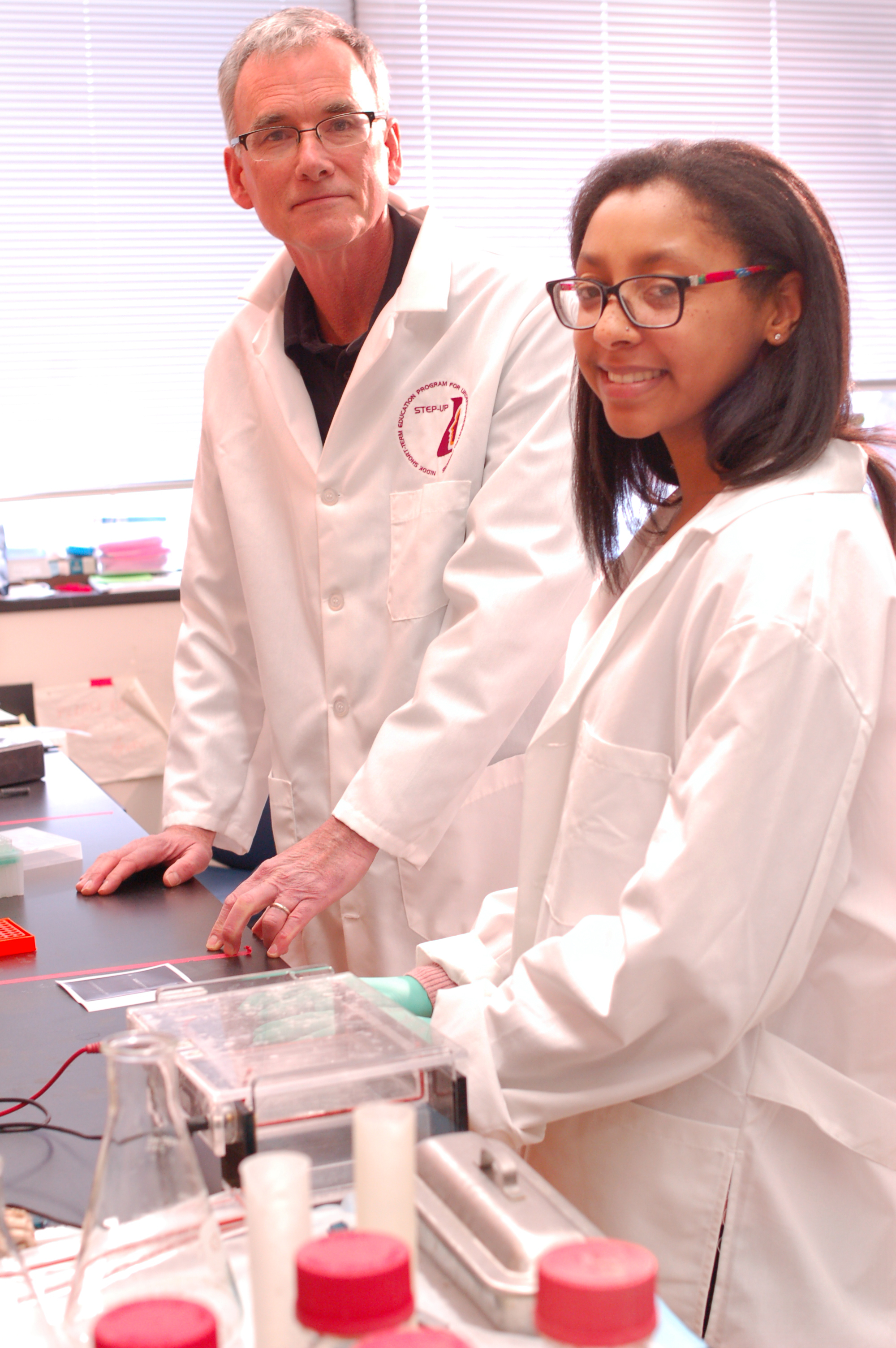
The BUILD Training Program at UMBC is using scalable interventions and research preparation to provide opportunities to high-potential students.
For more information click here.
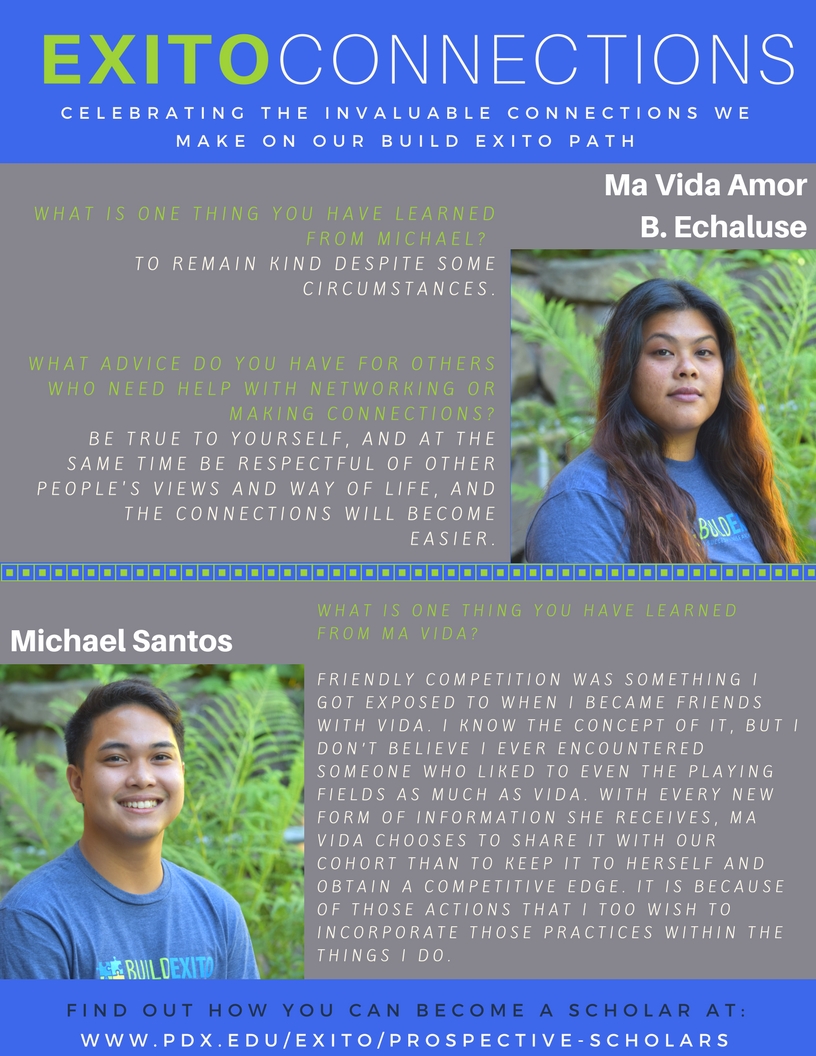
BUILD EXITO welcomed the opportunity to reflect on the importance of mentoring relationships to celebrate National Mentoring Month. We were happy to leverage #myBUILDmentor campaign to showcase examples across the BUILD EXITO Network of Scholar-to-Scholar, Career Mentor-to-Scholar, Faculty-to-Scholar, and Research Mentor-to-Scholar stories.
For more information click here.
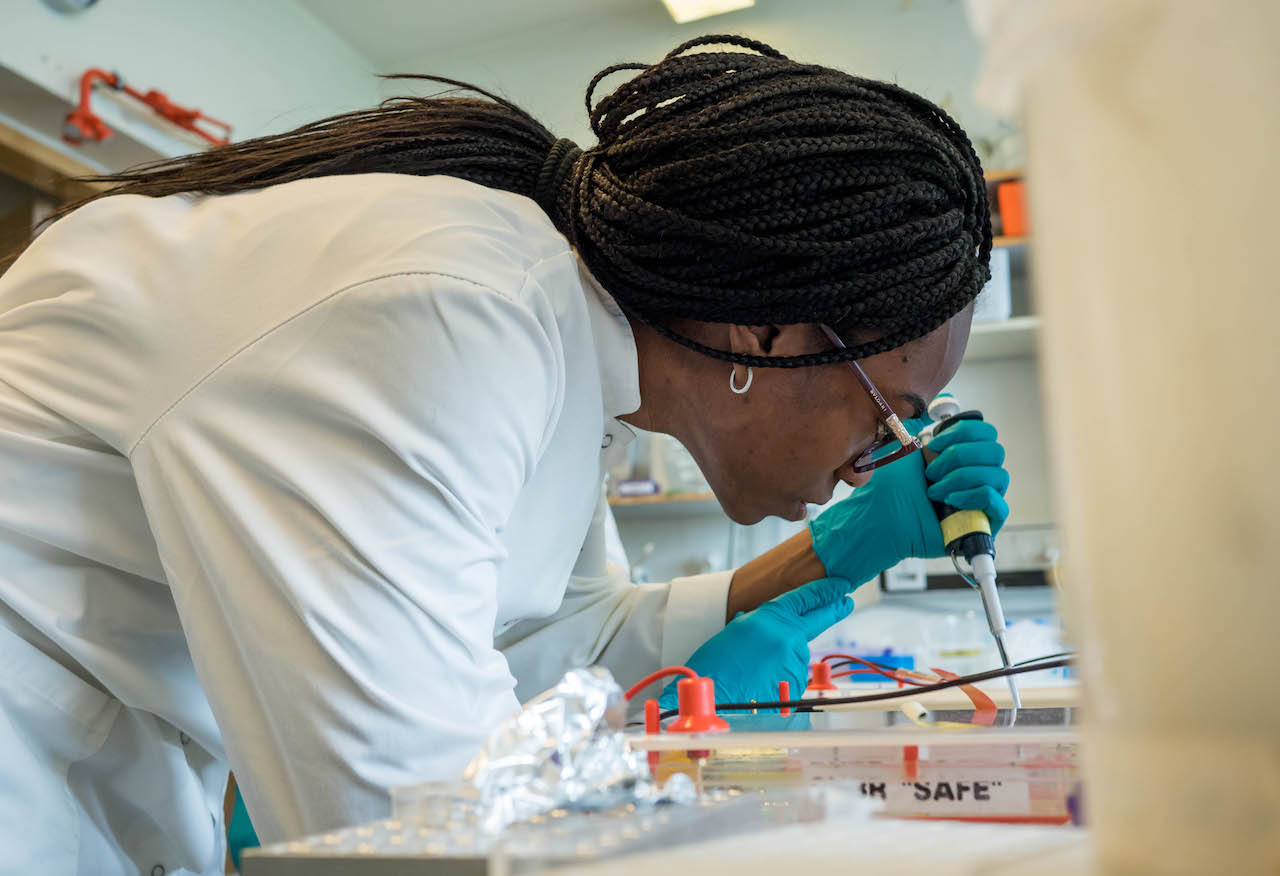
Bianca Jones, a biochemistry major at the University of Detroit Mercy, spent her ReBUILDetroit summer research experience as part of an international, interdisciplinary team focusing on the global challenges of health research at Aarhus University in Denmark.
For more information click here.
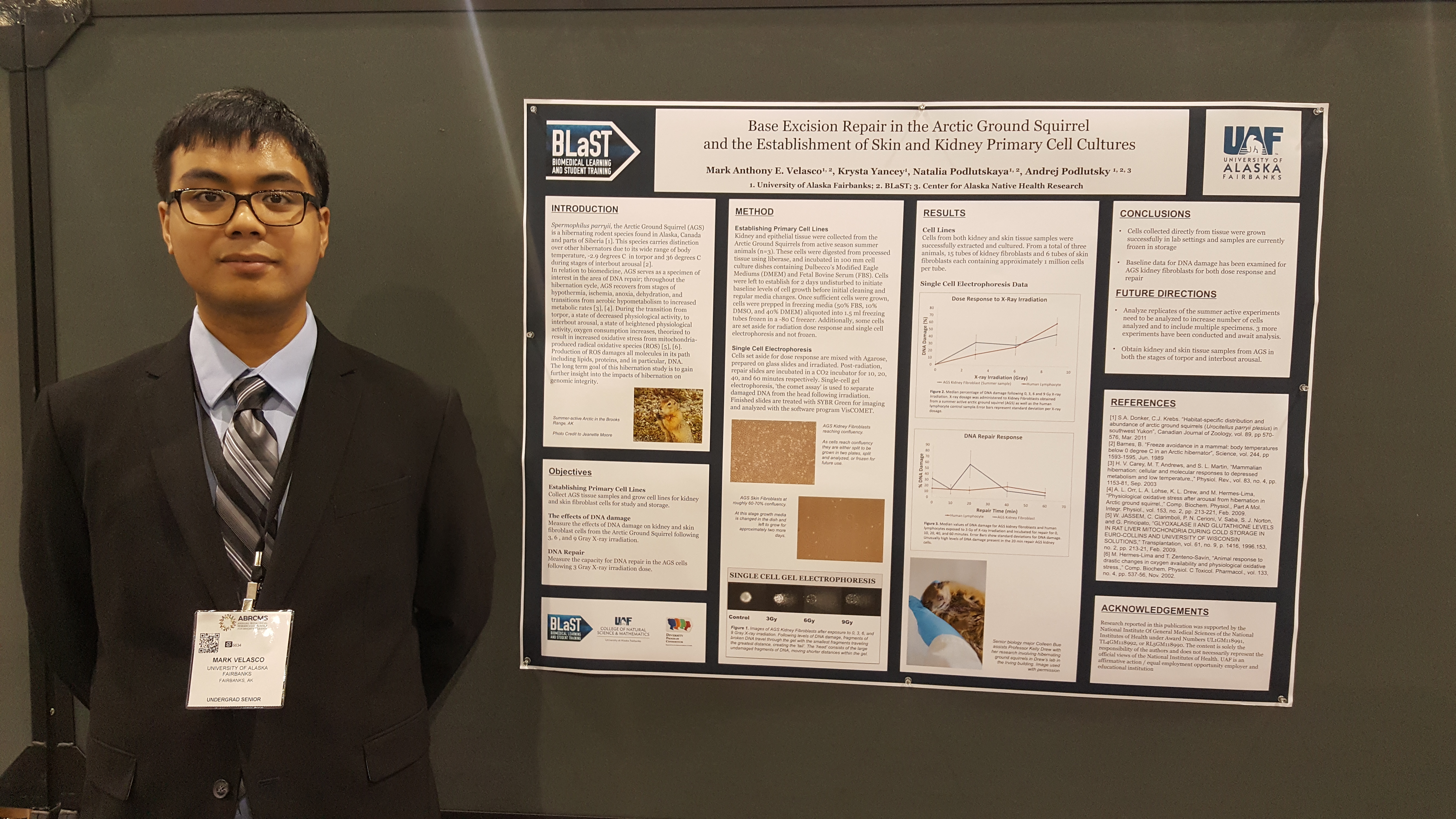
Learn more about graduating undergraduate senior BLaST Scholar Mark A. Velasco, who is selected as the BLaST Scientist of the Month for February 2018.
For more information click here.
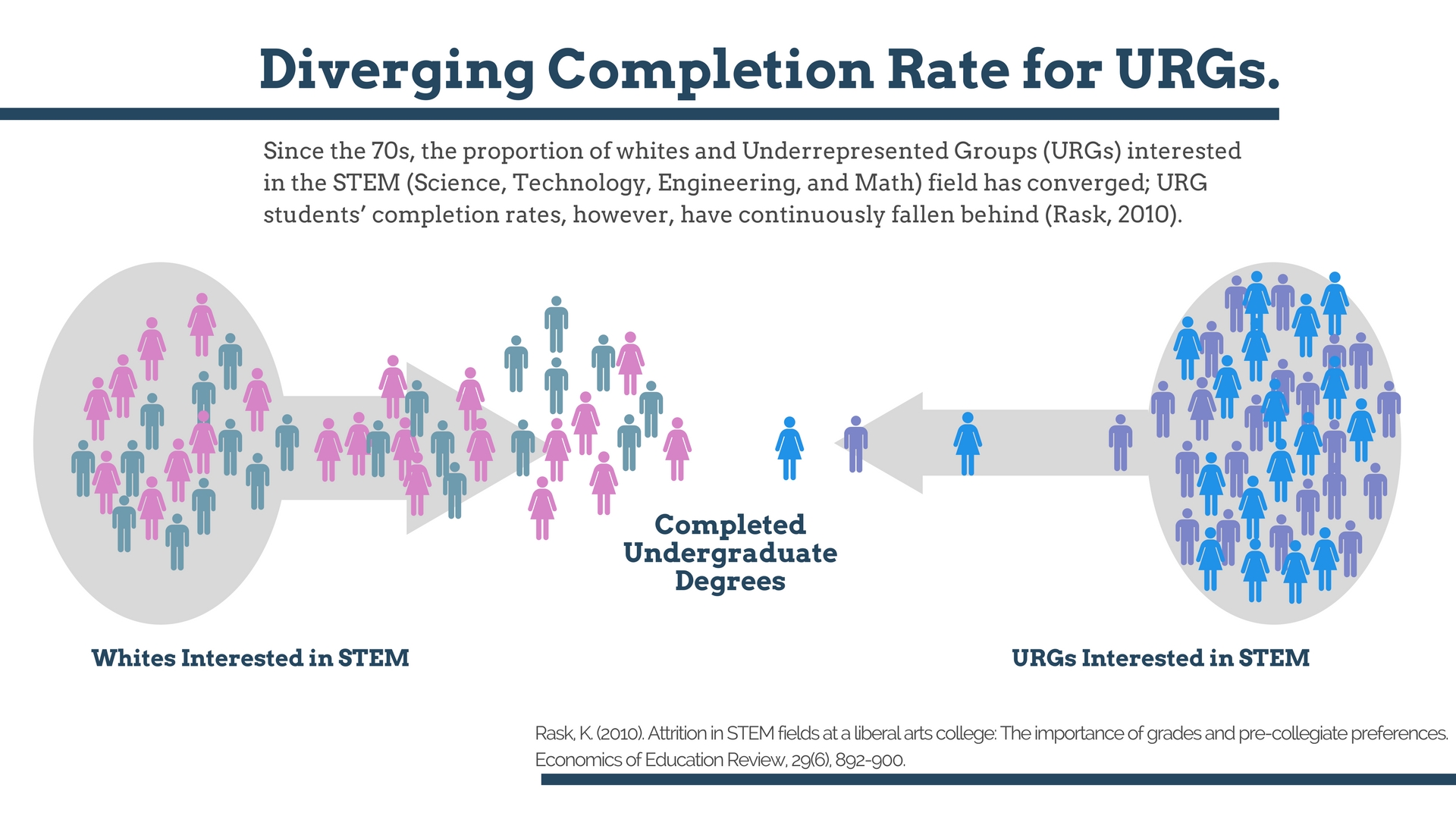
Since the 70s, the proportion of whites and Underrepresented Groups (URGs) interested in the STEM (Science, Technology, Engineering, and Math) field has converged; URG students’ completion rates, however, have continuously fallen behind (Rask, 2010). An URG student can face substantial difficulties when attempting to complete their STEM degree. This phenomenon led researchers to focus their attention on student attainment and attrition rate to STEM majors.
For more information click here.
The NIH Diversity Program Consortium (DPC) Newsletter provides updates on activities at DPC sites, shares progress on collaborative efforts within the consortium, and highlights news and recent publications related to diversity and mentoring in the biomedical sciences.
|

